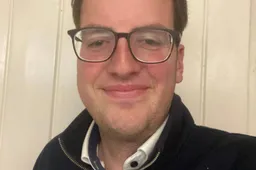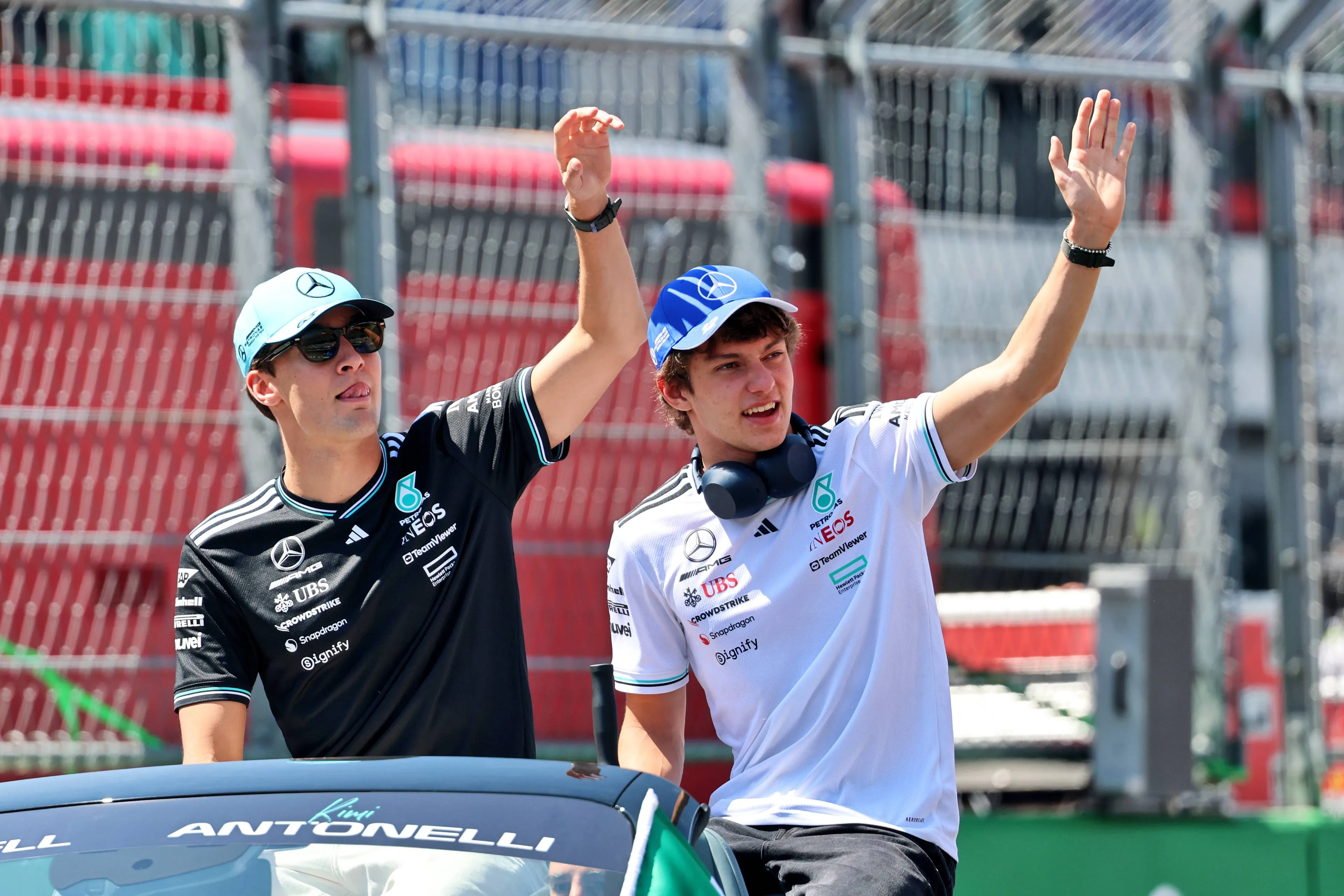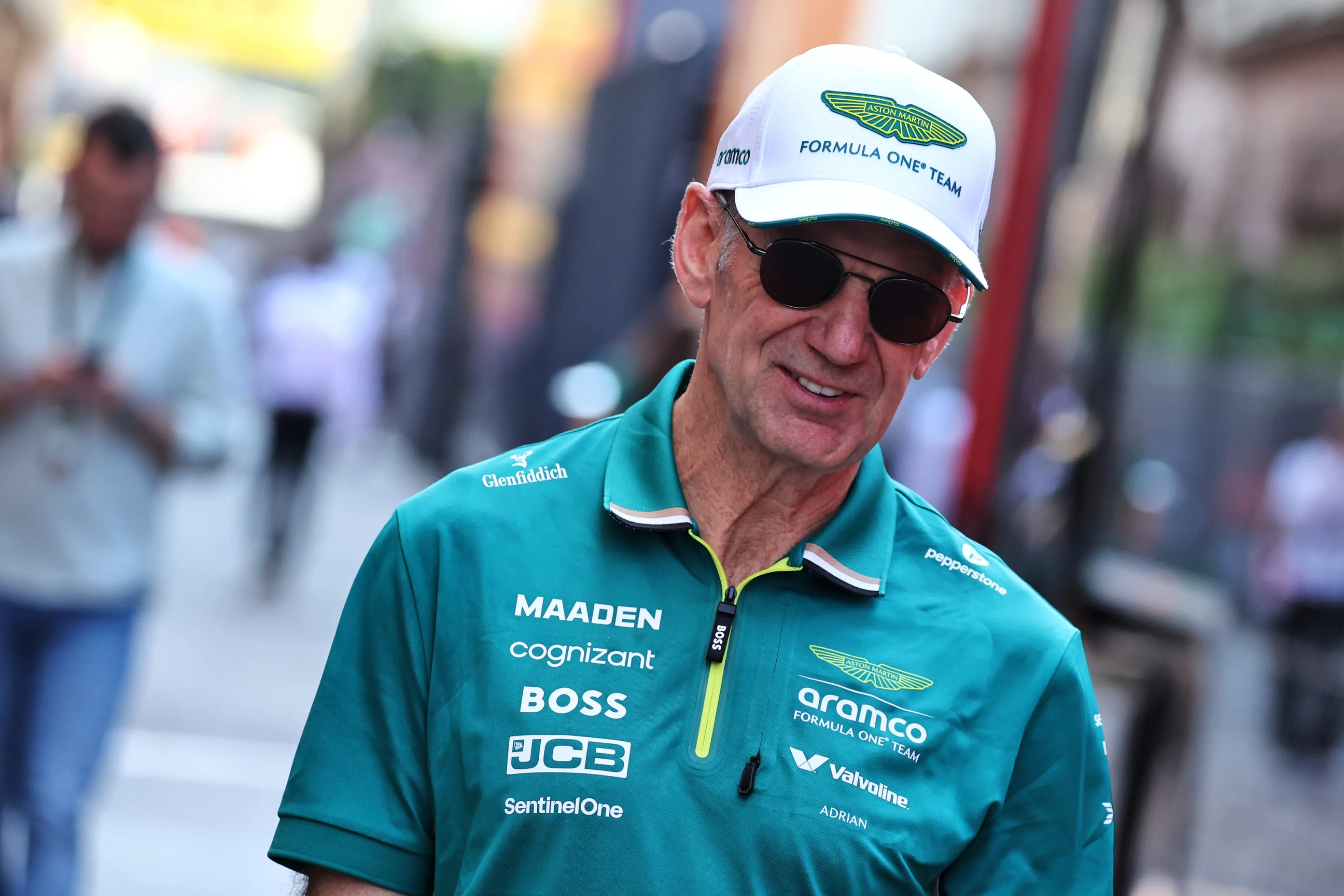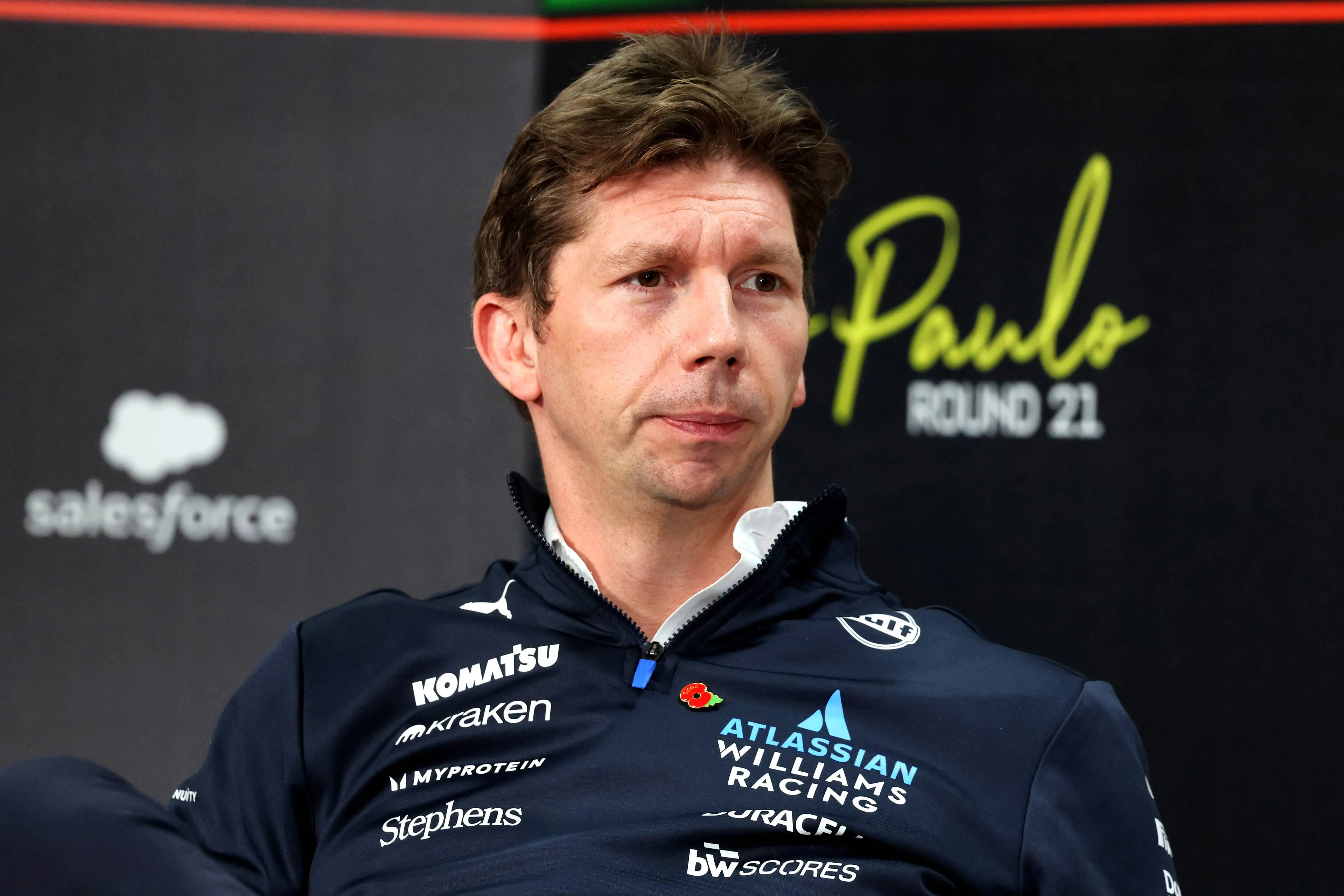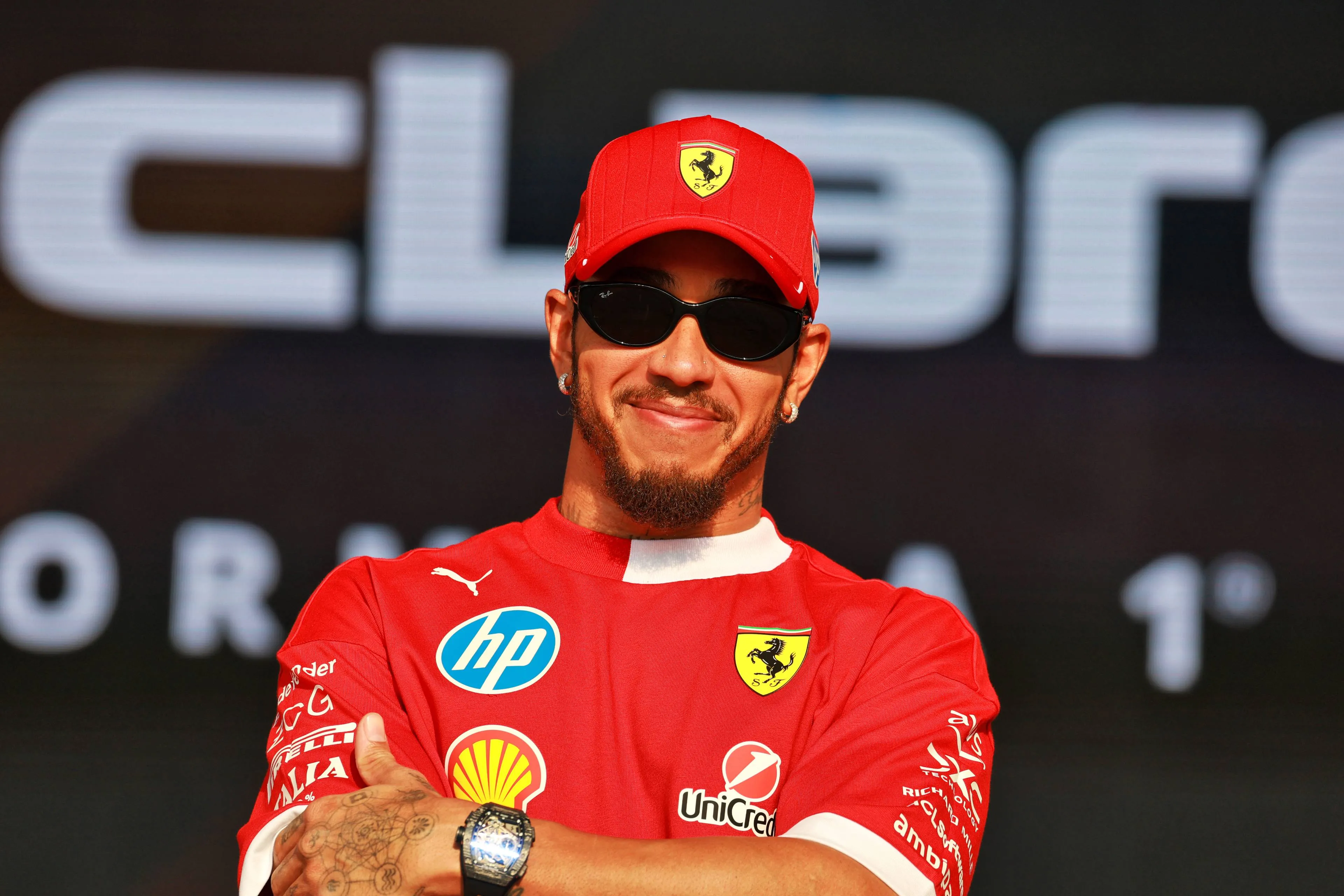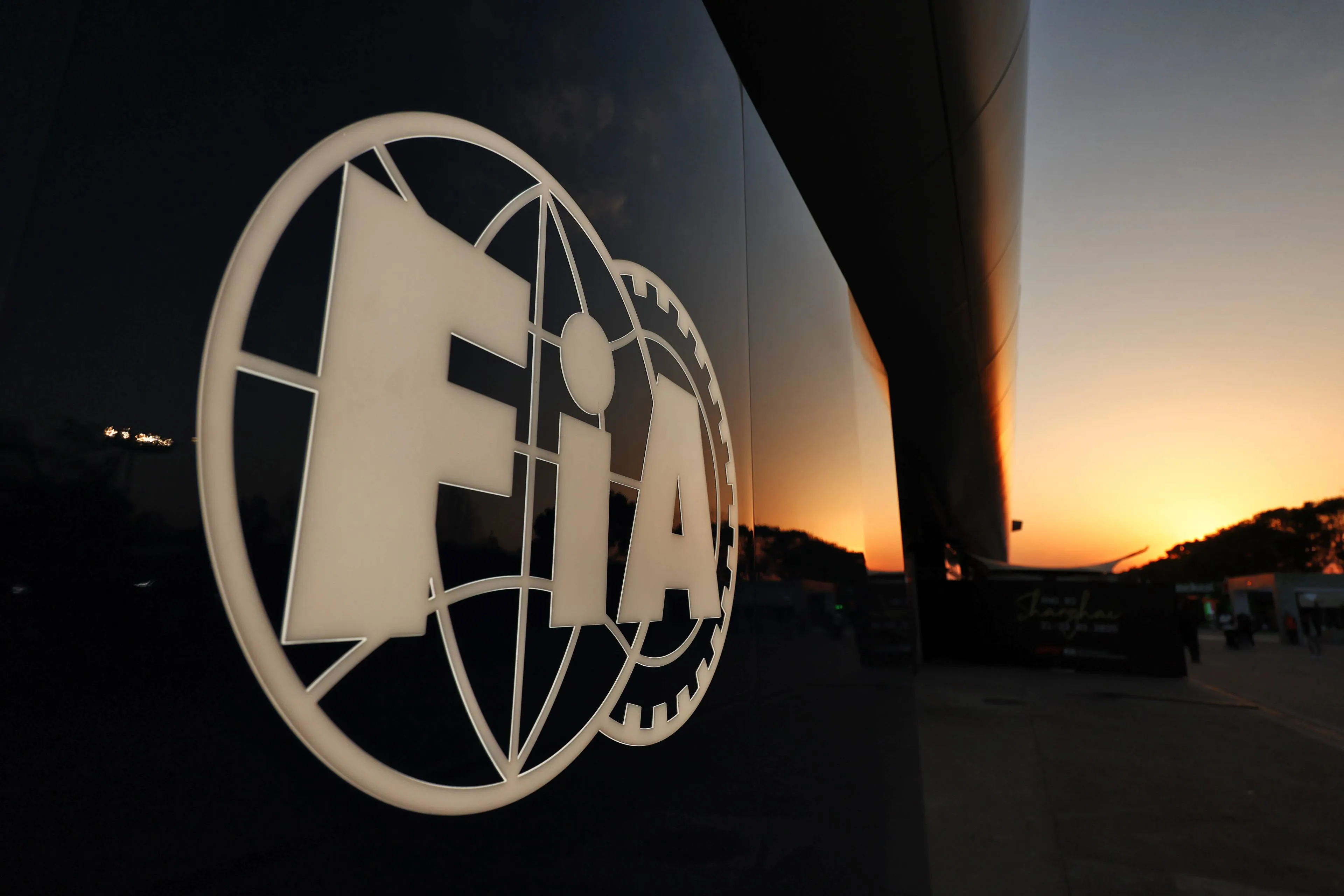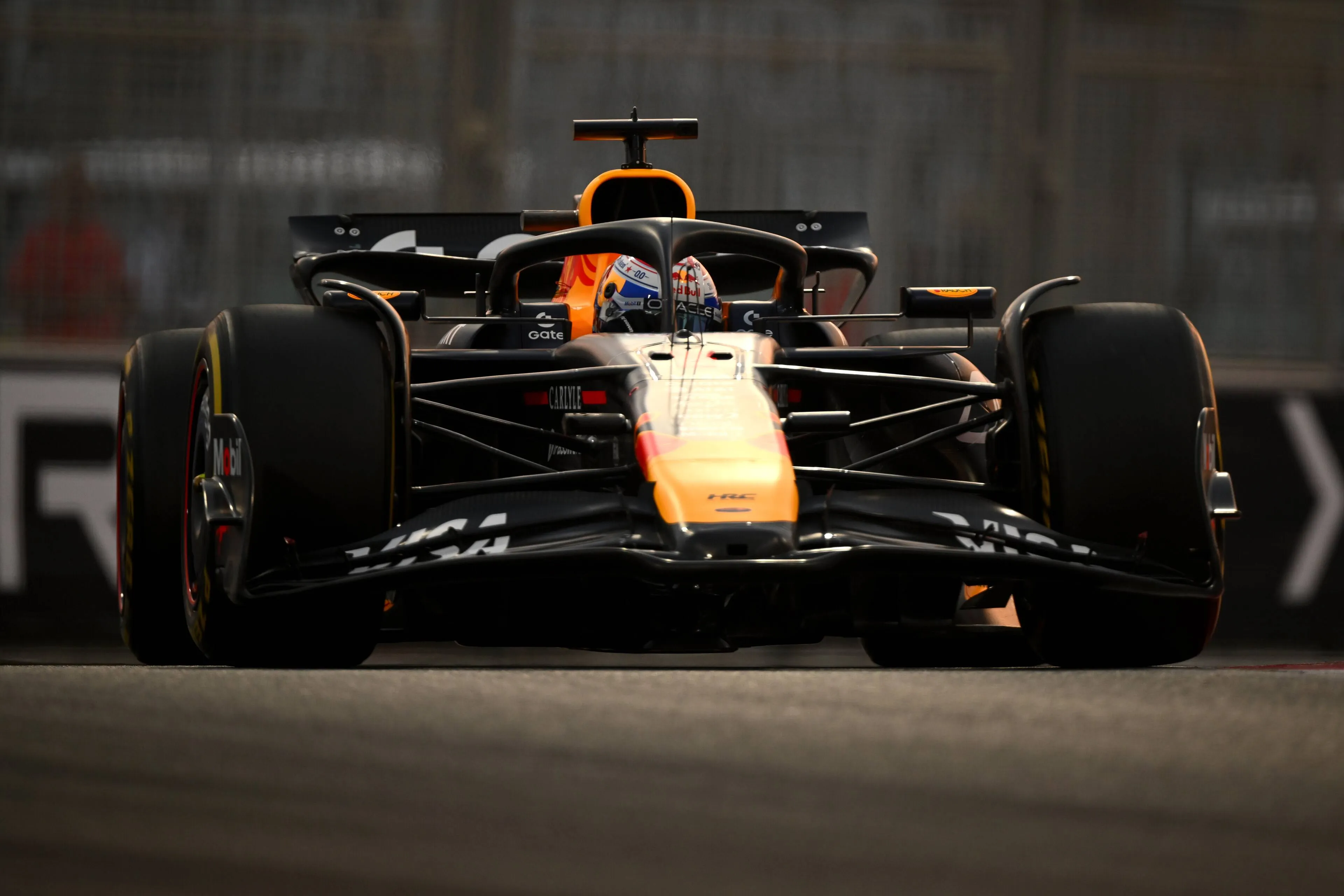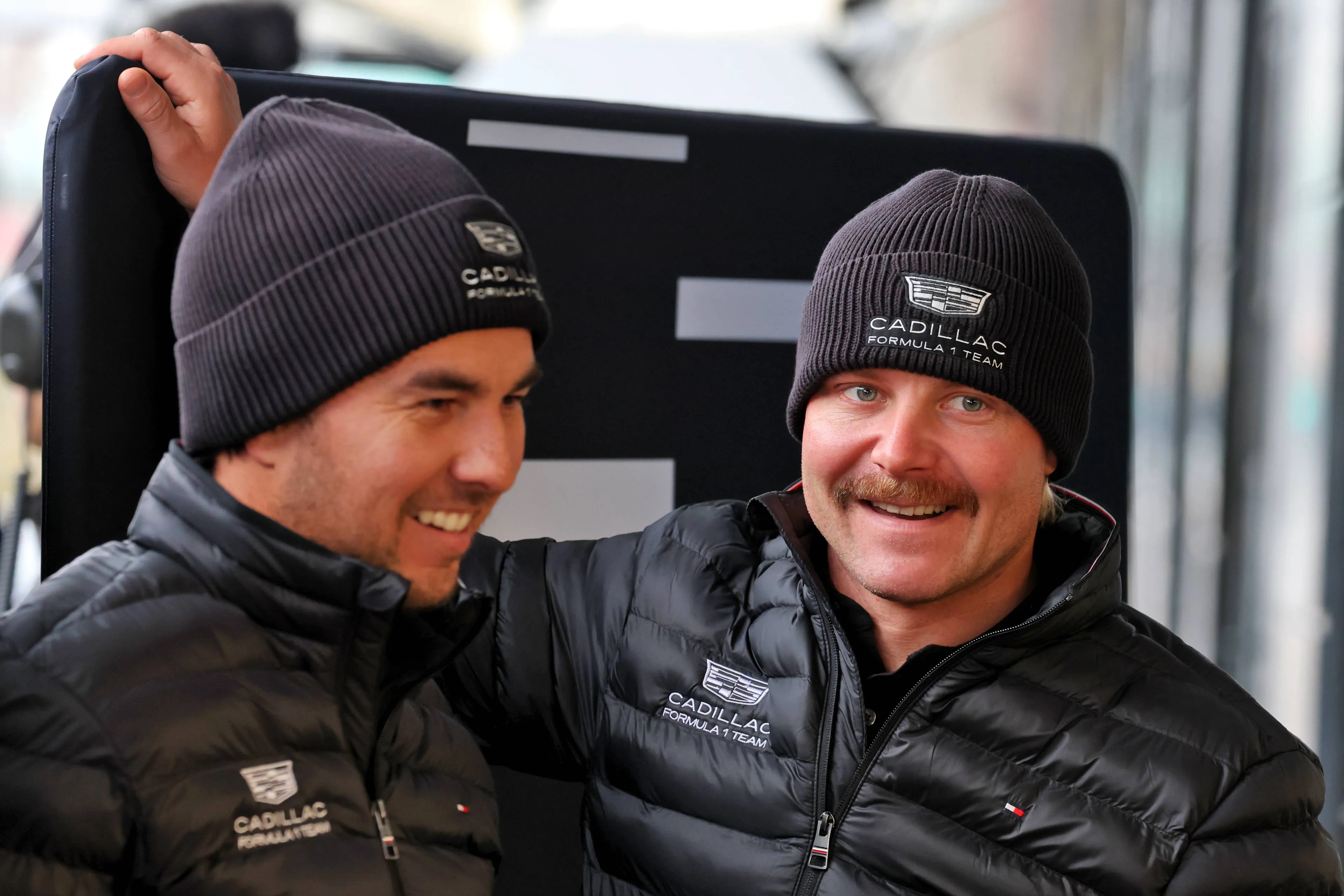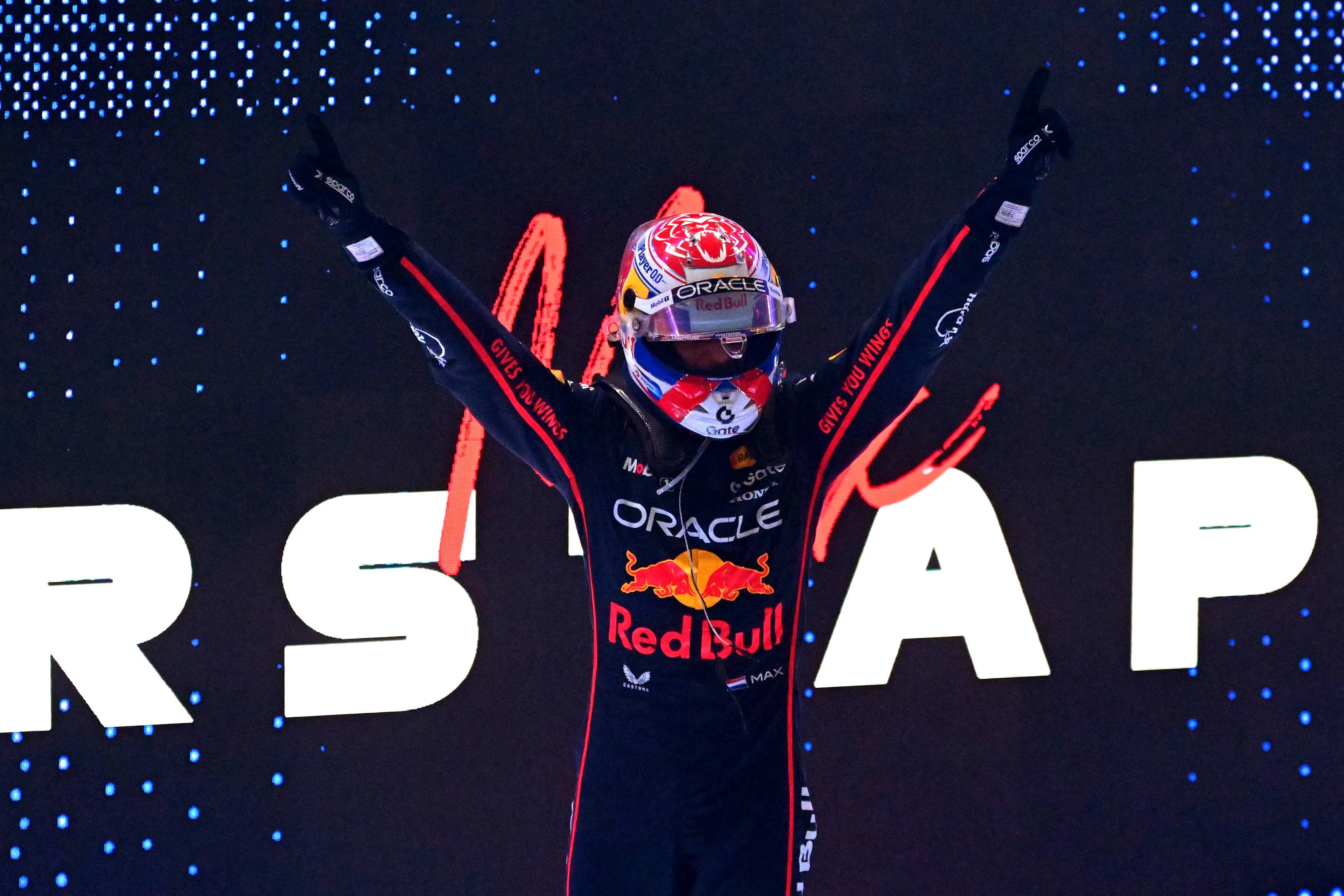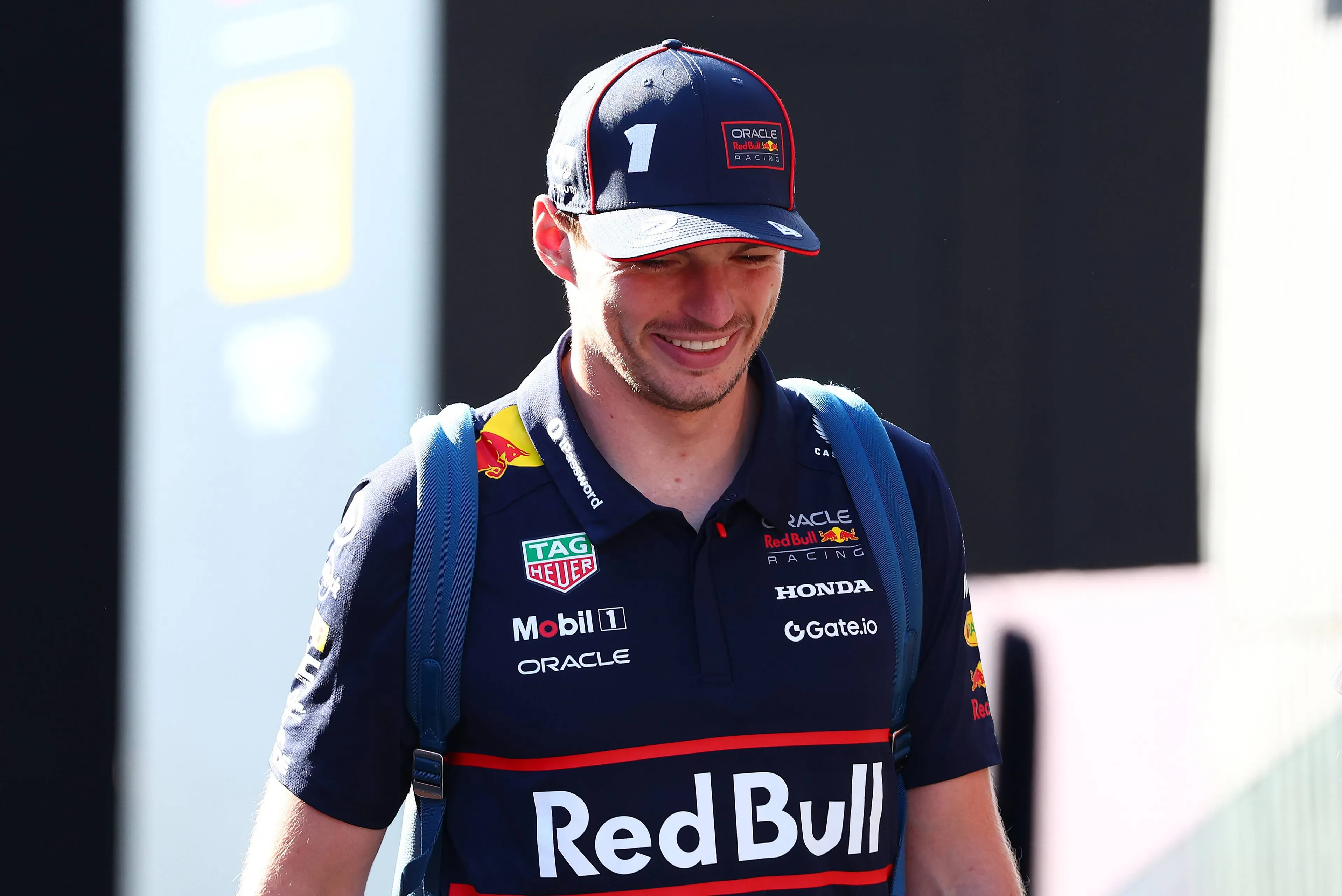
Max Verstappen in the F1-paddock in Hungary - Red Bull Contentpool
Verstappen questions FIA’s wet weather protocol after Spa disappointment
13:19, 01 Aug 2025
0 Comments
Co-author:Samson Ero
Max Verstappen experienced a frustrating Sunday during the Belgian Grand Prix. The Dutchman gambled on a wet race setup, but the FIA waited until it was completely dry before signalling the start of the Grand Prix. The Dutchman was not pleased and came up with some tips in the run-up to the Hungarian Grand Prix.
After the race, there was a lot of debate about the FIA's decision to wait so long to start the race. Verstappen criticised this and received support from the international media. Speaking to GPblog and others, the Dutchman went on to discuss the race at Spa-Francorchamps.
''There's a lot more spray coming from these cars than from the older ones, for example. Because of the big tyres, a lot more water is splashed around. I said it after Spa, Silverstone was probably on the edge, you can take a slightly safer approach, but I personally thought this was too cautious.''
"On the other hand: if there's a lot of spray and you can't see much, you can also lift off and just keep a bit more distance if you're not sure where you're going. The most severe crashes usually happen because people don't lift off when they can't see anything, but keep pressing the accelerator, thinking that others are doing the same, either in front or behind them. But yes, it's tricky. Some drivers would say exactly the opposite of what I'm saying now."
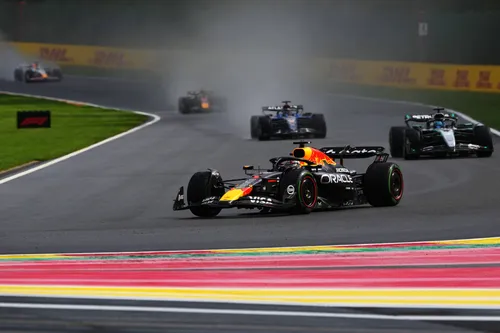
Verstappen during the race at Spa-Francorchamps, Photo: Red Bull Contentpool
Max was really looking forward to rain race in Spa-Francorchamps
Verstappen would have loved to see a race in Belgium, because the rain might have made it an exciting contest: ''Everyone has their own opinion and that's fine. I just look at it as a real race. Because I think Spa could have been a fantastic rain race. If you look back at the history of Formula 1, there were great races in the rain. I feel that we rarely see such races nowadays.''
''Of course, I understand that safety is important, but sometimes it's also in the hands of the driver whether you keep it safe or not. And if it's only safe in almost dry conditions, that's something we really need to look at'', the Dutchman concluded.
Read more about:
Rumors
Popular on GPBlog
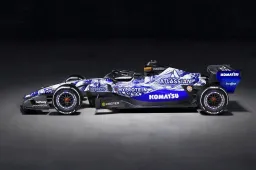
1
Williams end suspense with FW48 reveal: follow the launch event here
3051 times read
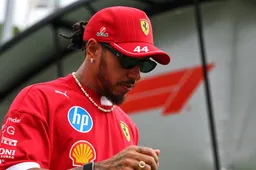
2
'Hamilton splits with long-time manager once more ahead of 2026 season'
951 times read

3
F1 Today | Wolff tells rivals to 'get their s**t together' as Button joins Aston Martin
663 times read
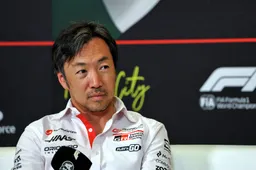
4
Ayao Komatsu finds Ferrari engine jackpot for 2026
598 times read
Loading
